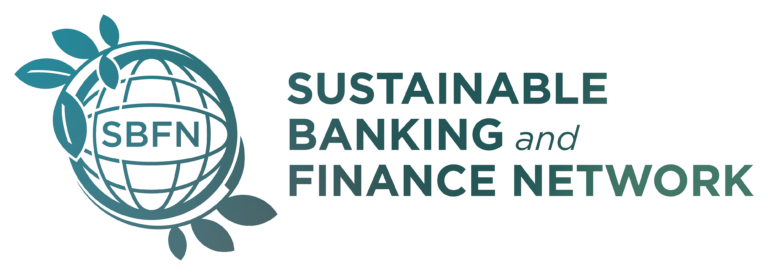On May 15, Sustainable Banking and Finance Network (SBFN) held luncheon for Latin American and the Caribbean members during the III Latin American Congress on Sustainable and Inclusive Banking organized by FELABAN, a SBFN member, in Santo Domingo, Dominican Republic. The event brought together representatives from 14 SBFN member institutions in Latin America, alongside key regional stakeholders from the financial sector—including local institutions—totaling 68 participants. For members unable to attend in person, the meeting was also streamed live.
Latest News:
May 22, 2025: SBFN Welcomes the New Member: Southern African Development Community Banking Association
